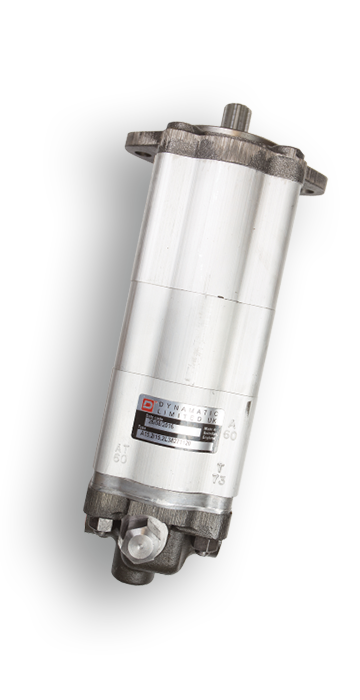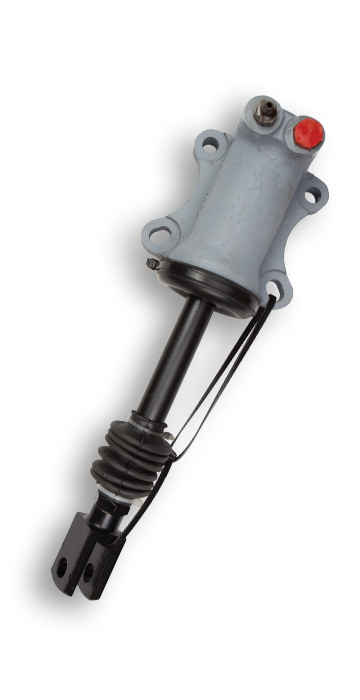Recovery fund
The UK’s leading distributor of OE parts and components for the bus and coach sector, Imperial Engineering, has applauded the Government’s decision to extend the pandemic recovery funding package by a further six months from 6th April.
The Department for Transport (DfT) has announced that the bus industry in England will receive an additional £150m into the Bus Recovery Grant (BRG), which it says “represents the final tranche of pandemic-related support to operators.”
Its statement adds that the money allocated “is intended to help operators and local transport authorities to adapt to changing travel patterns and help the continued delivery of Enhanced Partnerships and Bus Service Improvement Plans as part of the National Bus Strategy for England.”
Although full details of how the new funding will be rolled out are still awaited from the DfT, the industry believes that the existing BRG terms and conditions will continue, with caveats around designing financially-sustainable and passenger-friendly networks.
Over the past few months, operators across the country had been calling for extra support during 2022, on top of the £2bn of emergency funding that had already been awarded by the Government. Many companies had expressed serious concern over the viability of services once the existing BRG expired, with almost 30% of services across the country thought to be at immediate threat of withdrawal. This included Oxford Bus Company, which claimed that the city’s park-and-ride network would be terminated in the event that further rescue funding was not forthcoming. So far this year, passenger numbers have returned to 70% of pre-pandemic levels.
The extension to the BRG was welcomed by the industry’s trade body, the Confederation of Passenger Transport, which had lobbied on behalf of its members and warned the Government that the sector was facing a £350m “funding gap” this year, with operators having to deal with higher costs, especially in staffing.
The organisation’s CEO, Graham Vidler, said: “This welcome funding will help operators have the certainty they need to run an extensive network of services over the coming months as we all adjust to life after the pandemic.”
In the longer term, the bus network will need to adapt to meet passengers’ new travel patterns. Over the coming months, operators will be working closely with local authorities to plan future bus networks and introduce plans to grow passenger numbers. To aid these local efforts, we look forward to working with the government to promote bus travel.”
John Dwight, Imperial Engineering’s Sales Director, commented:
“We welcome the intervention of the Government in providing further support to the bus sector, so that operators can continue their recovery. This decision has significant importance in the delivery of the National Bus Strategy and the quest for net zero public transport. With soaring oil prices, more people will be looking to bus services rather than the car for their own transport needs, so it’s critical that operators are given support to be able to do this. In addition, the investment that’s been made in bringing zero emission buses into service will help to attract more passengers when they acknowledge the benefits this will bring to their local community in terms of improved air quality, lower noise, and hopefully, fewer vehicles in the longer term. For our part, Imperial Engineering stands alongside our operator colleagues in helping the sector to recover.”











